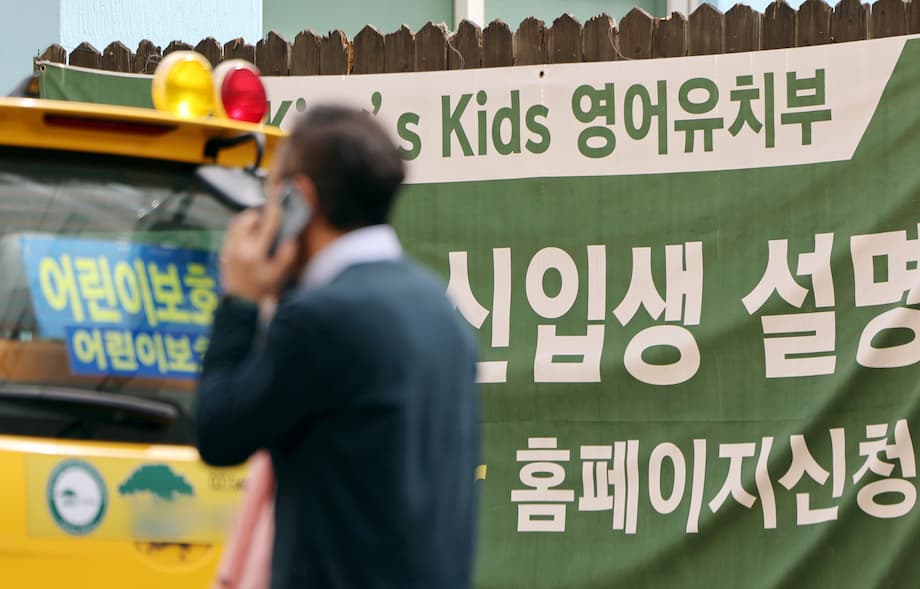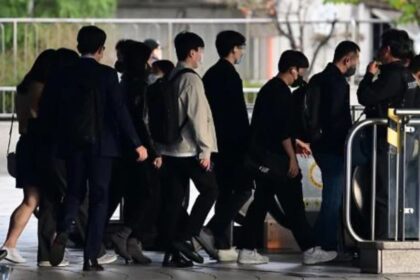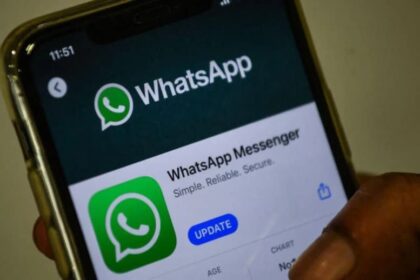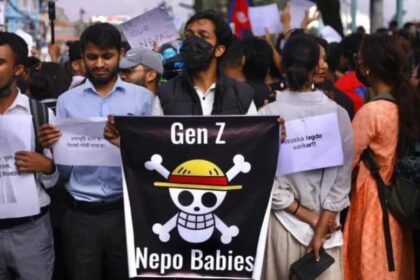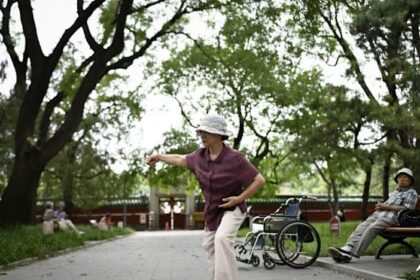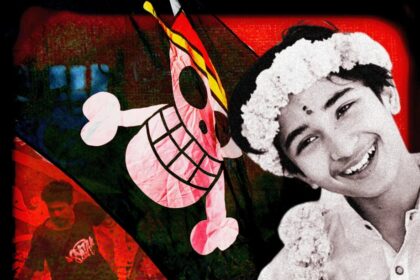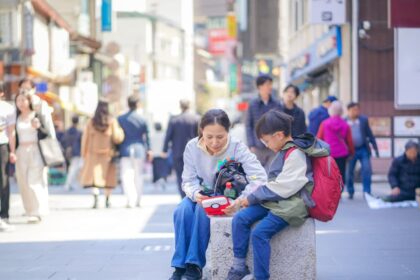A new proposal tests Koreas approach to early English education
A sweeping bill before the National Assembly would place strict limits on early private lessons and could shutter South Koreas English immersion kindergartens, a booming but controversial corner of the private education market. The plan has ignited a nationwide debate over how young children should learn, how much the state should regulate private education, and whether a ban would reduce stress or deepen inequality.
- A new proposal tests Koreas approach to early English education
- What is an English kindergarten
- What the bill would change
- Why supporters want a ban
- Why many parents are pushing back
- Money, stress, and a culture of competition
- Enforcement wild cards and possible workarounds
- What the Education Ministry is doing now
- What research says about early language learning
- What to watch in the National Assembly
- At a Glance
The bill, introduced by Rep. Kang Kyung sook and nine other lawmakers, would amend the Act on the Establishment and Operation of Private Teaching Institutes and Extracurricular Lessons. It prohibits academic lessons for children under 36 months that target admission or globalization, and limits instruction for children ages 3 to 7 to no more than 40 minutes per day. The measure covers private institutes and tutors. Violations could bring orders to suspend classes, shut down operations, or revoke registration.
Parents have pushed back, arguing the state is intruding into choices families make about language learning in a global economy. During the preannouncement period, more than ten thousand public comments poured in, with only a small fraction supporting the bill. The stakes are high. The Education Ministry reports that 47.6 percent of children under 7 took some form of private education in the latest survey window, and the share climbs steeply with age. A separate government figure puts total private education spending this year at 32.5 trillion won, a sum that lawmakers say burdens households.
English kindergartens operate as private teaching institutes, not as kindergartens under the Early Childhood Education Act. They typically offer full day programs in English and charge tuition that far exceeds ordinary preschools. Intense competition for places has spawned reports of entrance screenings, tutoring for toddlers, and what many parents ruefully call gosi for 4 year olds, a nod to the marathon study tradition for civil service exams.
Ms. Hwang, a Seoul mother who moved her child from a private kindergarten to an English immersion program, described the tradeoff many parents are willing to make.
Even though the tuition is nearly five times higher, I still recommend English kindergartens.
What is an English kindergarten
In South Korea, the term English kindergarten usually refers to private academies that blend childcare with English language immersion. Children spend many hours in English rich classrooms, working through songs, books, and structured activities. Programs are marketed as an early pathway to bilingual fluency and stronger performance later in school. Fees often run far above regular kindergarten or daycare costs, which draws both demand from status conscious neighborhoods and criticism from advocates for equitable access.
Entrance tests and early drills
The scramble for places has produced admissions practices more common in exam culture than preschool. Parents describe level tests for 5 to 7 year olds and interviews that function as screens. The Education Ministry identified 23 institutions nationwide that administered such tests and urged schools to use consultations or lotteries instead. Critics counter that the official tally understates the scale, pointing to surveys that found many more schools using pre enrollment testing. The perception that admissions hinge on early drills feeds the gosi for 4 year olds phenomenon, where even toddlers are coached for entry.
What the bill would change
The proposed law draws a clear age line. For babies and toddlers under 36 months, academic instruction that prepares for admissions or signals internationalization would be banned. For children ages 3 to 7, any such lesson would be capped at 40 minutes a day. The restrictions apply across formats, from for profit academies to private tutors. Regional superintendents of education would have power to order suspensions, closures, or to cancel registrations when violations are found.
Supporters argue this framework would shrink incentives for intensive test style programs that begin in the toddler years. They also see it as a way to refocus early childhood education on play and developmentally appropriate activities, while limiting a market that often outpaces regulation.
Why supporters want a ban
Early childhood experts and many teachers say academic style English instruction is not suited to the way young children learn. They argue that long hours of formal study can crowd out play and social development and may add stress for families. A large share of early childhood educators polled by a civic group reported opposition to toddlers taking private education. The bill also responds to concerns about uneven instructor qualifications and the lack of standardized curricula in this space.
Backers also frame the bill as relief for household budgets. An official in Rep. Kangs office linked the push to runaway spending on private education.
In a situation where such expenses exceed more than half of the national defense budget, it is necessary for the Assembly to find ways to help parents who are struggling with these costs.
Advocates say that formal English study can start later, once children begin elementary school, without harm to long term outcomes. They note that meaningful exposure to English can continue at home or in community activities without becoming a high cost race for perceived advantage.
Why many parents are pushing back
Opponents of the ban see it as overreach into family preferences and a blunt response to a complex problem. Many parents want early exposure to English to reduce future pressure, to support children in multicultural families, or simply to make good use of time in structured care. They say eliminating legal, mid priced options would push learning into higher priced channels and widen the gap between rich and poor households.
One mother in Gimpo, who sends two children to local programs, argued that a ban could backfire by making English access even more unequal.
This could end up widening the education gap between the rich and poor. It would be ironic if the ban ends up limiting access for most families but not the wealthy.
Legal concerns also loom. A broad prohibition on private tutoring enacted in 1980 was struck down by the Constitutional Court in 2000. The court stressed limits on state control of private education and the need to leave room for parental wishes. Lawyers watching this bill say those principles could invite a challenge if the final text is sweeping or vague.
Many parents also question whether the market will simply rebrand. If English kindergartens close, some expect a shift to smaller group tutoring or to programs that bill themselves as play focused while offering similar content. That pattern has appeared before. A government attempt in 2018 to curtail English lessons in public kindergartens and daycare centers faced strong parental backlash and was postponed, while demand flowed to private academies.
Money, stress, and a culture of competition
South Koreas education system is famous for high achievement and intense pressure. Families invest heavily to secure places in strong schools and, later, in top universities. That culture reaches into early childhood, where parents worry that slower starts can become hard to reverse. The result is a large and innovative private market that grows faster than many regulatory efforts.
English occupies a special place in this race. Parents say strong English skills open doors to study abroad, better secondary schools, and sought after jobs. The tradeoff is cost and pressure. Tuition at English immersion programs can run many times the fees at public kindergartens. Government surveys show that average monthly spending on private education per preschooler sits in the hundreds of thousands of won, while the share of 5 year olds in private lessons surpasses 80 percent. International bodies have flagged the stress this environment can place on children when learning becomes a high stakes contest too early.
Enforcement wild cards and possible workarounds
Even if the Assembly passes the bill, practical questions remain. Regulators would need clear definitions for academic lesson, admission preparation, and globalization to distinguish permitted activities from banned ones. Programs might shift to play heavy marketing while preserving much of their content. Families could hire private tutors or join small learning pods that are harder to monitor. Regional education offices would face the task of inspecting many businesses with limited staff.
Admissions practices are a test case. The Education Ministry advised academies to drop pre enrollment level tests in favor of consultations or lotteries. That guidance alone cannot be enforced. Inspections can curb advertising for tests, but families report that informal screening remains common. Unless definitions are tight and oversight is sustained, the market is likely to adapt.
What the Education Ministry is doing now
The ministry has formed a temporary task force to study the rise of private education for young children and propose measures that reduce pressure. Officials have signaled support for stricter oversight of programs that mix care and instruction without meeting standards expected of schools. They have also recommended fairer admissions, asking institutes to abandon entrance testing and to avoid marketing that targets toddler age groups.
A ministry official involved in early childhood policy described the goal of new measures in plain terms.
To curb side effects like the so called gosi for 7 year olds, we are reviewing possible legislation.
Separately, regulators have discussed joint inspections with other agencies to enforce facility safety, pricing rules, and correct use of the word kindergarten in business names. Those steps would complement whatever framework the Assembly adopts.
What research says about early language learning
Parents and policymakers often talk past each other on when to start English. Linguists generally find that earlier exposure can support pronunciation and comfort with sounds that are rare in Korean, even if formal study is delayed. Short daily exposure through songs, stories, games, and conversation is unlikely to hamper mother tongue development, since children still hear and use Korean at home and in the community. Many studies report that the mother tongue remains dominant in early childhood and supports later learning of a second language.
Child development specialists draw a line between exposure and pressure. Long lessons and test practice run against what research recommends for young children. Young learners benefit from play, social interaction, and rich language input in both their home language and any second language. Heavy drilling or admissions driven study can add stress without large long term gains. This tension helps explain why some experts support limiting academic style English for preschoolers while not opposing playful exposure.
What to watch in the National Assembly
The bill has been discussed in a parliamentary education committee and referred for further review. Lawmakers will weigh parental opposition, the risk of a court challenge, and the need to shield children from early academic pressure. Negotiations could refine definitions, tweak the 40 minute cap, or carve out exceptions for multicultural families and public programs that meet strict standards.
Enforcement details will matter. Clear guidance on how inspectors measure lesson time, how institutes document activities, and what counts as admissions preparation could decide whether the law shifts practice or simply changes labels. Education offices will also need budgets and staff to manage oversight of thousands of providers. Parents, meanwhile, are watching price and access. If mid priced options disappear, the market could tilt toward expensive alternatives that fewer families can afford.
At a Glance
- A bill in the National Assembly would ban academic lessons for children under 36 months and cap lessons for ages 3 to 7 at 40 minutes per day.
- The plan targets English immersion institutes often called English kindergartens, which are licensed as private academies, not schools.
- Violations could lead to suspensions, closures, or registration revocation by regional superintendents of education.
- Parents filed thousands of comments opposing the proposal, citing parental choice and fears of wider inequality if mid price options vanish.
- Supporters say early academic lessons are not developmentally appropriate and point to soaring private education costs.
- Admissions tests have fueled toddler test prep, though official counts of such practices are disputed.
- The Education Ministry set up a task force, urged fairer admissions, and is weighing legislative tools to reduce early pressure.
- Constitutional issues linger given a 2000 ruling that struck down a blanket ban on private tutoring.
- If passed, the laws impact will hinge on precise definitions, enforcement resources, and how the private market adapts.


